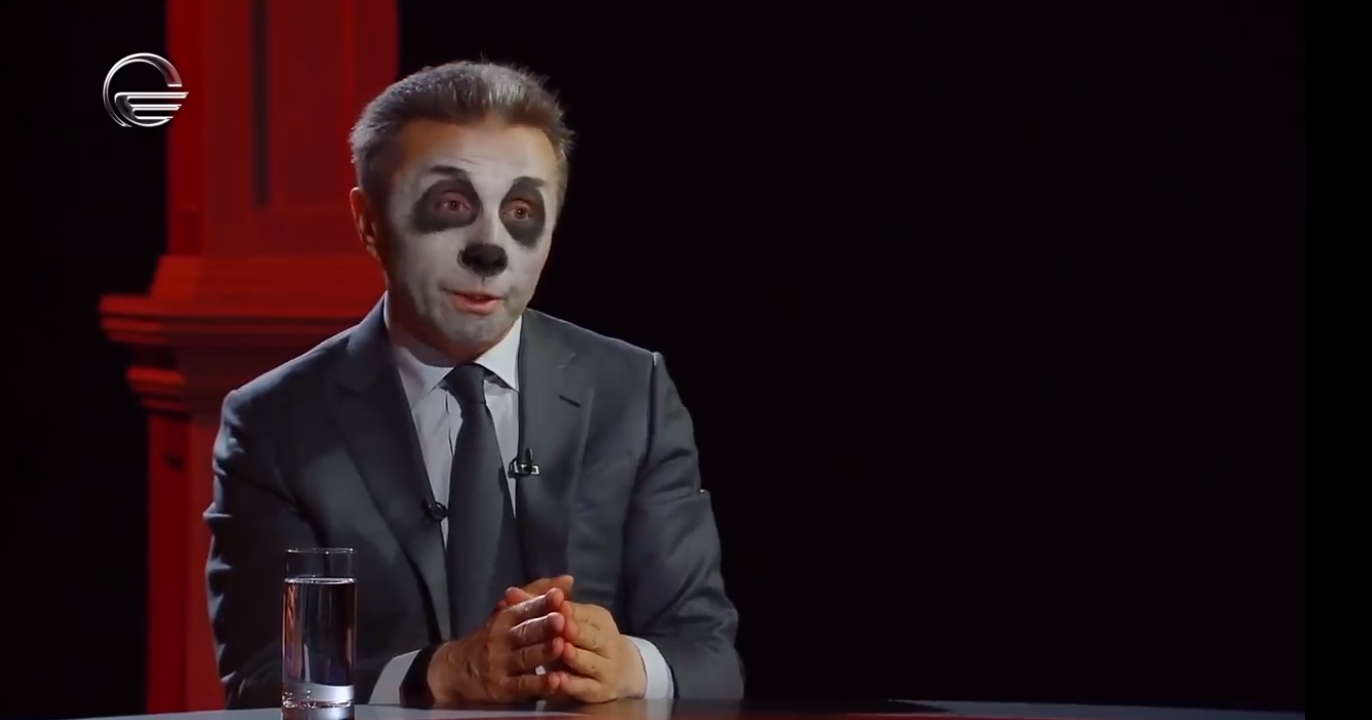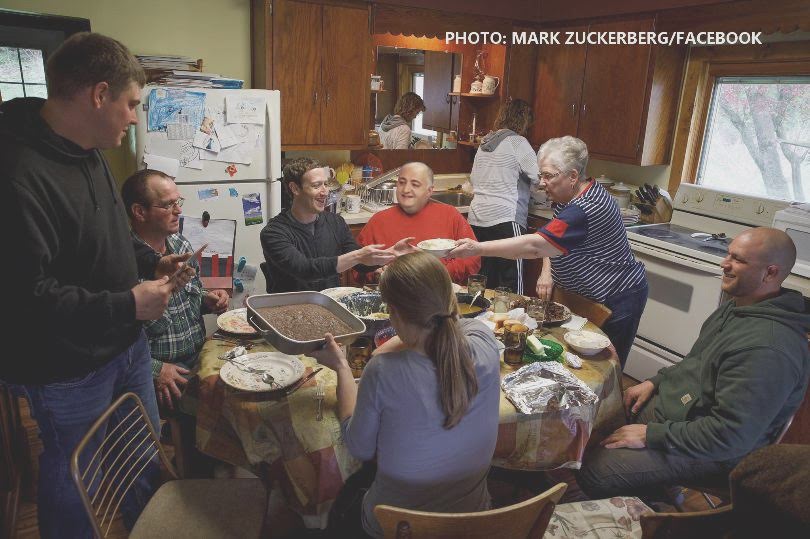
The Georgian government has dismissed accusations by Facebook that they were behind a network of fake news pages, with the ruling Georgian Dream party and pro-government media instead accusing the opposition and others of being propagators of fake news and announcing new proposals to tackle disinformation.
In a press conference on 24 December, Georgian Dream Executive Secretary Irakli Kobakhidze said they had initiated a new package of laws to tackle disinformation in the media, but did not offer concrete details.
The announcement came four days after Facebook disabled hundreds of accounts originating in Georgia which the company said ‘engaged in coordinated inauthentic behaviour’.
‘These Pages posed as news organisations and impersonated political parties, public figures, activist groups and media entities’, Facebook said.
They pointed the finger at the government and local advertising agency Panda.
[Read more: Facebook takes down hundreds of fake news pages ‘connected to Georgian government’]
Facebook accused the network of spending $316,000 in advertisements on its platforms targetting critics.
Georgian Dream leaders denied any formal or informal ties to the fake accounts and claimed it was their supporters who had purchased the ads. They also accused the formerly ruling United National Movement Party as being ‘fake news producers’.
Georgian authorities have not responded to calls from the opposition and watchdog groups to launch the investigation into undeclared money spent on political ads, abuse of power, and a number of other potential offences in the wake of Facebook’s statement.
Journalist and media manager Koka Kandiashvili, who local campaigners against fake news had identified as being behind a ‘pro-government troll factory’, also dismissed Facebook’s statement.

Panda, a Georgian company that Facebook also named as being linked with the network of inauthentic accounts, vigorously denied the allegation.
On 22 December, Panda, a provocative Georgian musical project turned marketing agency, released a performative video ‘Buried by Defamation’, in which they accused the Georgian media of misinterpreting Facebook’s statement.
They claimed Facebook ‘didn’t confirm Panda’s official page as being connected with other [Facebook] pages’.

Facebook’s statement on Friday said that ‘although the people behind this activity attempted to conceal their identities and coordination, our investigation linked this activity to Panda, an advertising agency in Georgia, and the Georgian Dream-led government’,
Panda vowed to use their ‘power in the media’ to defend people targeted by ‘disinformation machines and aggressive actions by false liberals’.
As Kobakhidze was holding a press conference in the party headquarters, the anti-government Shame movement (also known as ‘For Freedom’) laid a symbolic funeral wreath outside the office to ‘mark the recent death’ of fake pro-government accounts.

Against ‘abuse’, ‘defamation’
While rejecting any wrongdoing, Panda boasted of having a vast pool of online media resources, proudly adding that they had rejected offers of cooperation from independent or opposition-leaning TV companies Formula and Mtavari Arkhi.
Mtavari Arkhi, a channel run by Nika Gvaramia, a staunch ally of former President Mikheil Saakashvili, was also indirectly referred to by Irakli Kobakhidze on Tuesday.
‘It’s a problem […] when a specific TV [channel] curses at someone’s mother’, Kobakhidze said on 24 December.
Georgian Dream party leaders have frequently criticised Gvaramia’s on-air tirades as unacceptable and a form of ‘hate speech’.
Gvaramia has previously called Georgian Dream Chair Bidzina Ivanishvili a ‘motherfucking vulture’ and a ‘random dickhead’, cursed at deputy culture minister Yuri Mechitov’s mother on air, and shamed then–presidential candidate Salome Zurabishvili for having an affair with her children’s godfather. Gvaramia insisted it was within his free speech rights.
Pro-government TV channel Imedi also laid the blame for disinformation elsewhere, accusing Georgian online newspaper Netgazeti of producing ‘fake news’ for allegedly misinterpreting a statement by Ivanishvili.
The OSCE observer mission during last year’s presidential election hailed Netgazeti as providing ‘the most balanced coverage’ of all online outlets while criticising Imedi for displaying ‘a clear bias’ towards Georgian Dream.
Proposals to tackle disinformation have resurfaced several times over the past year in Georgia, and have been tied to tightening laws on defamation.
President Salome Zurabishvili has floated the idea twice. On 11 January, she said it would be a part of her post-election efforts to unite a ‘polarised’ country.
The Media Advocacy Coalition — a group of Georgian rights groups — were quick to reject the idea in January in favour of a ‘high standard of freedom of expression’ in the country.
In 2004, Georgia decriminalised defamation in line with the OSCE standards.
The Media School under the Georgian National Communications Commission, recently launched a ‘media criticism’ project, citing the absence of platforms to increase media literacy in Georgia.
Watchdog group the Georgian Charter of Journalistic Ethics has operated Media Checker, a fact-checker and media monitoring platform, since 2015.




 24 December 2019
24 December 2019


